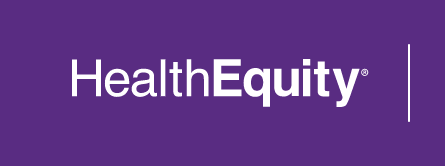As COVID-19 vaccine distribution continues to ramp up, many employers are considering whether and to what extent they should incentivize the vaccine among employees. Vaccine mandates are unlikely for several reasons, mostly owing to potential legal challenges and Americans with Disability Act (ADA) noncompliance. However, incentivization has fewer legal pitfalls and could figure centrally in back-to-work plans, especially in industries where remote work is not an option.
If your organization is planning to incentivize vaccine participation, it's worthwhile to consider a special one-time HSA contribution.1 An employer HSA contribution offers several tax advantages compared to other incentive options like a cash bonus or gift cards.2
Let's look at the numbers.
Say you offer $100 bonus or gift card for each employee who receives the vaccine. That cash or gift card will be taxed as ordinary income, including federal and state income taxes, as well as FICA payroll taxes. In some places, up to 40 percent of the bonus will be paid in taxes. A cash bonus is nice, it just doesn't stretch very far: $60 looks a lot less enticing than $100.
By contrast, a special one-time HSA contribution can be distributed as a pre-tax payroll contribution, which means the full $100 goes directly to the employee. HSA contributions are subject neither to FICA payroll taxes, nor income taxes. The organization also does not have to pay FICA taxes, so businesses could see up to 7 percent savings on each dollar you contribute.
The best part is your people can use the HSA contribution to help build long-term health savings. HSAs enjoy tax-free account growth and ultimately tax-free distribution for qualified medical expenses.2 This triple-tax advantage is one of the most powerful ways empower your members to create lasting health safety net. And when people have access to a health safety net they're less likely to dip into retirement savings (absorbing a penalty) to pay for unexpected healthcare emergencies.
Rewarding healthy choices with health savings is truly a great way to connect health and wealth.
Of course, no matter which approach you take, there are several legal, health privacy, and related factors to bear in mind. Please note that HealthEquity does not provide tax advice or legal advice. Be sure to consult your professional tax advisor and legal counsel before implementing any such programs.
1 Any contribution made would count toward the account holders' IRS defined maximum contribution limit for the tax year the contribution was made. Accounts that exceed the IRS defined maximum contribution limit may be subject to tax penalties. Prior to making any contribution into an account, please confirm that such contribution will not result in an overcontribution.
2 HSAs are never taxed at a federal income tax level when used appropriately for qualified medical expenses. Also, most states recognize HSA funds as tax-deductible with very few exceptions. Please consult a tax advisor regarding your state's specific rules.


